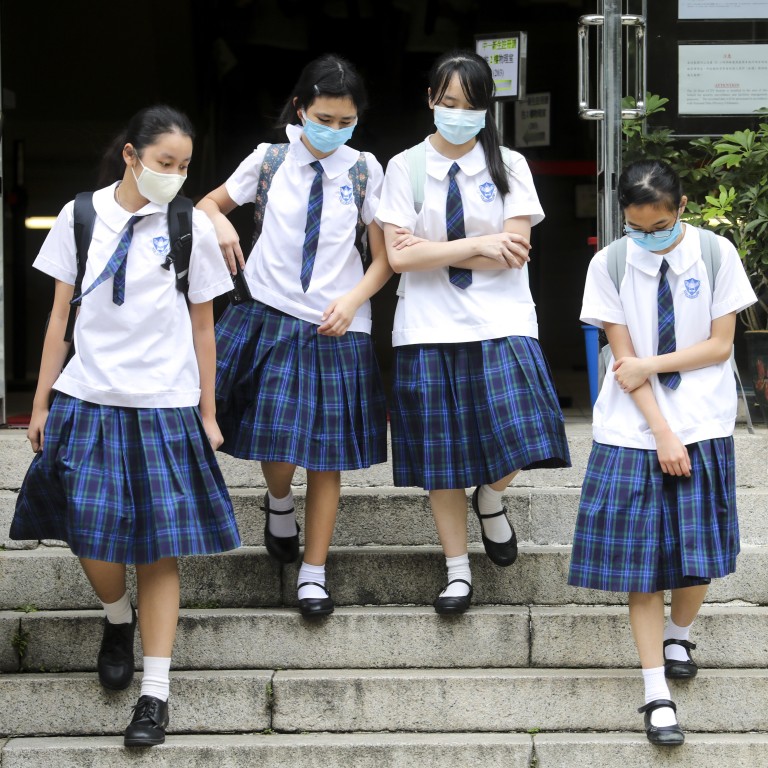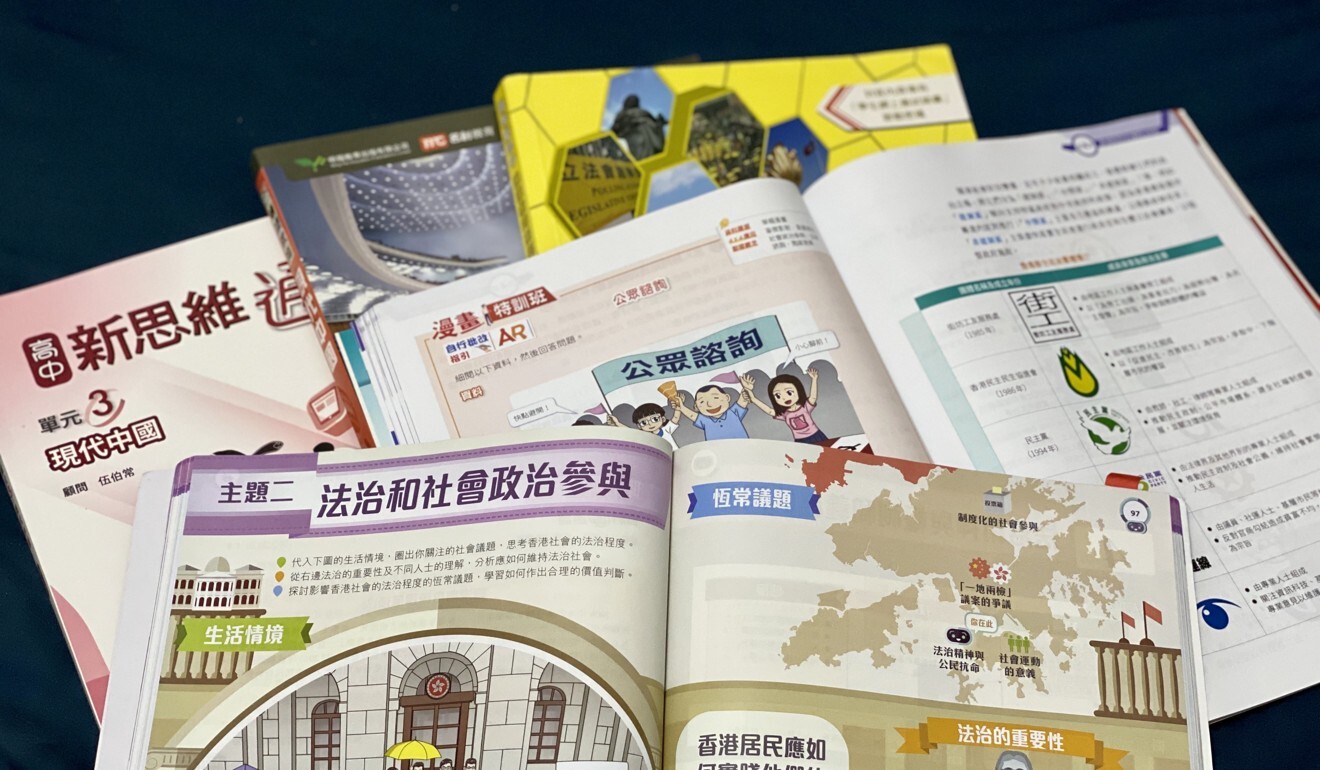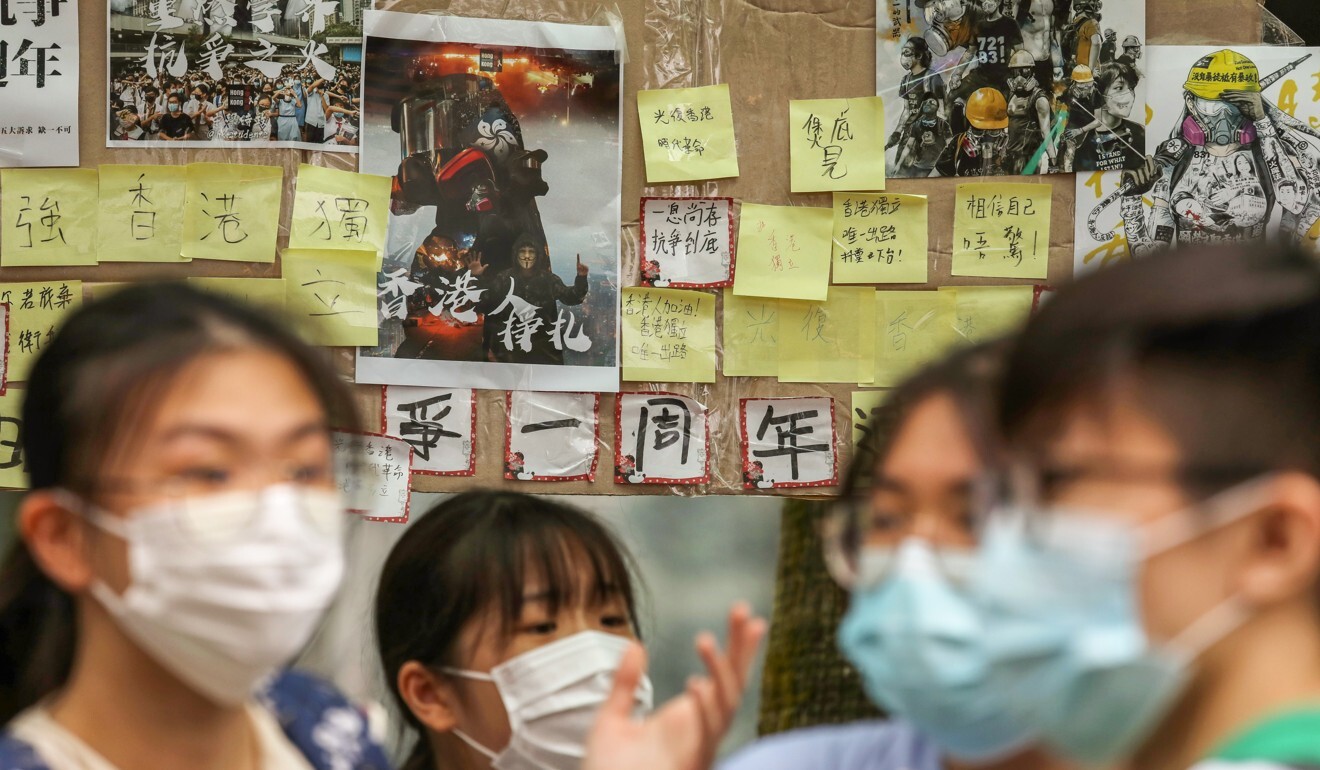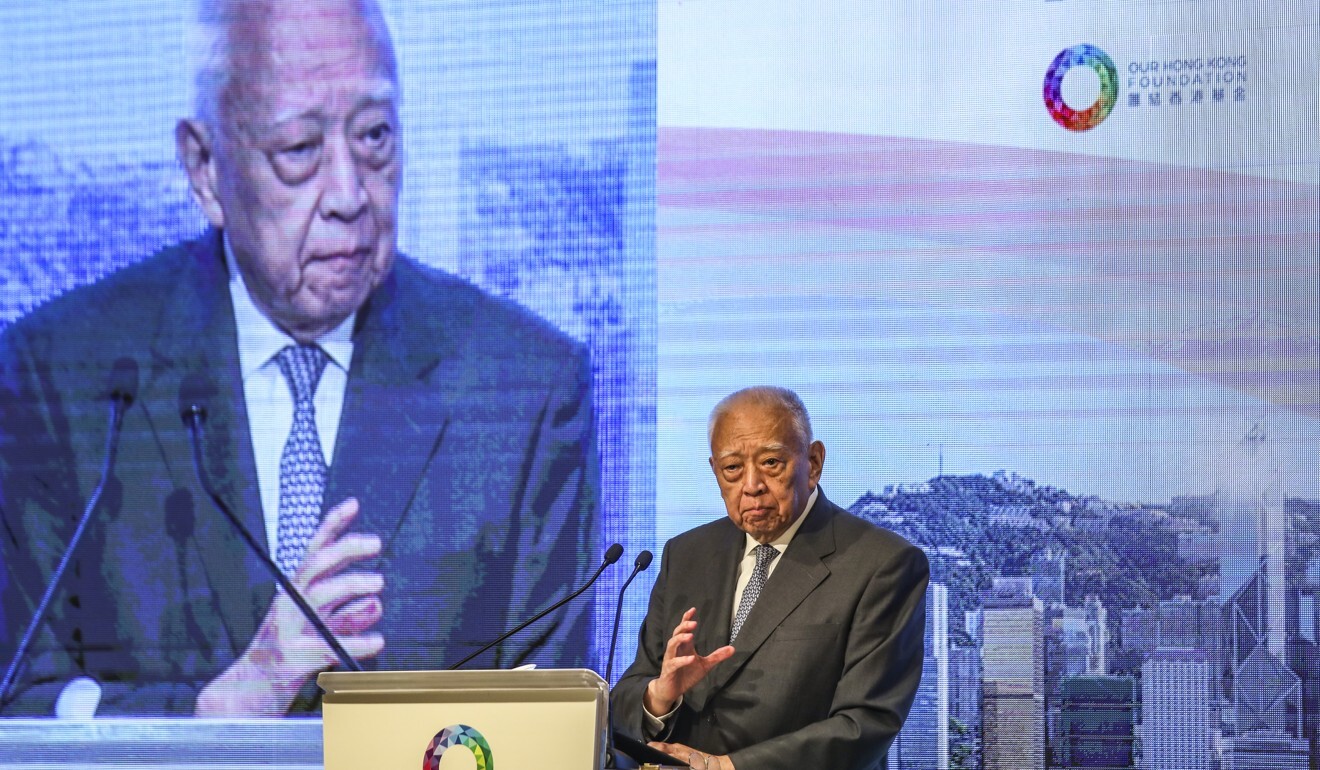
Explainer | What is liberal studies in Hong Kong and why is it controversial?
- A government-appointed task force is due to deliver its final review of school curriculum, including liberal studies, on Tuesday
- Here is a quick overview of why the subject has generated such intense debate and what changes could be on the horizon
A task force appointed by the Hong Kong government is expected to release its long-awaited final review of school curriculum, including liberal studies, on Tuesday.
All eyes are now on what the task force, which includes education officials, school principals and university professors, will suggest and how the Education Bureau responds. Here is what you need to know about the issue.

What is liberal studies and what are the subject’s aims?
The subject, which should take up at least 10 per cent of overall lesson time, has six major modules: personal development and interpersonal relationships, Hong Kong today, modern China, globalisation, public health, and energy technology and the environment.
In general, liberal studies aims to enable students to develop multiple perspectives on contemporary issues, help them become independent thinkers and develop a range of skills, such as critical thinking, problem solving and creativity.

Why has the subject become controversial?
Some pro-establishment groups also criticised the subject’s teaching materials, which were not vetted by the education authorities, as biased. They accused some teachers of influencing students with their own personal political views.
Publishers make changes to Liberal Studies textbooks after voluntary review
The Education Bureau introduced a voluntary vetting scheme in September last year and six major publishers, which provide the bulk of the materials, announced their amendments in August.
But the bureau rebutted the accusations as “totally unfounded”, insisting the changes “help students develop positive values”.

What kinds of changes are expected on the subject?
Questions loom over whether a mandatory vetting process of liberal studies textbooks should be introduced by the government to replace the voluntary one. The bureau has said it would look into the matter.
Other key issues to be addressed include whether the subject should remain compulsory for high school students or turned into an elective, as well as whether the grading system could be simplified to provide more flexibility for how pupils approach the topic.
An interim report by the task force on a review of school curriculum released last year, as well as a study by the Our Hong Kong Foundation think tank set up by former leader Tung this year, supported keeping the subject mandatory.
The bureau is expected to review the final report published by the task force and other views expressed before deciding on the way forward.

